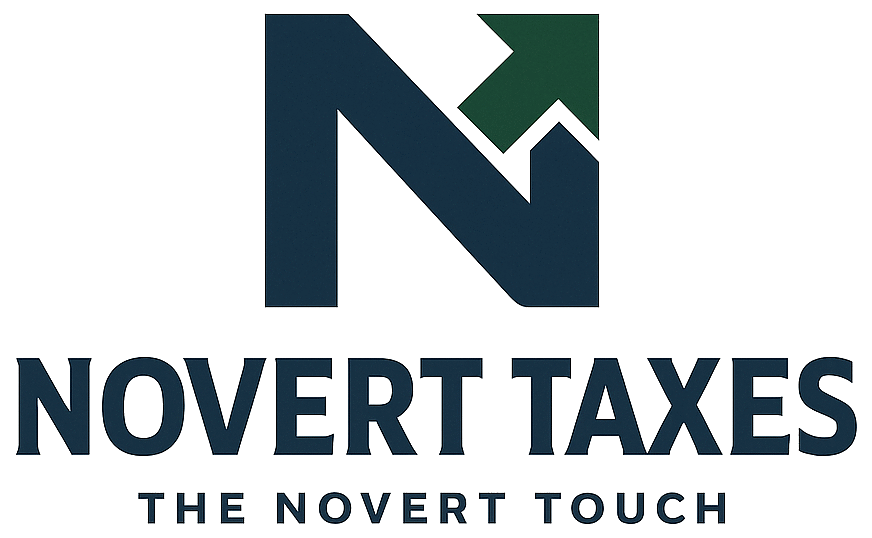Retirement planning isn’t just about saving money—it’s about keeping it. While most people focus on building their retirement accounts, fewer consider the tax strategies that can protect and stretch that money over the long haul. If you want to retire smart in 2025 and beyond, don’t overlook these often-missed tax moves that can make a big difference.
💼 1. Consider a Roth Conversion While in a Lower Tax Bracket
If your income is lower now than it will be in retirement, consider converting traditional IRA funds into a Roth IRA. Yes, you’ll pay taxes on the amount you convert, but:
-
Future withdrawals will be 100% tax-free
-
Roth IRAs have no Required Minimum Distributions (RMDs)
-
Great for estate planning—tax-free inheritance for beneficiaries
Pro Tip: Convert gradually over several years to avoid jumping into a higher tax bracket.
🧾 2. Don’t Underestimate the Power of Catch-Up Contributions
Once you turn 50, you’re eligible to contribute more to retirement accounts:
-
401(k): Up to $30,000 (2025 limits)
-
IRA: Up to $8,000 (including catch-up)
This is a great way to boost your retirement savings quickly while reducing your taxable income.
📉 3. Use Tax-Loss Harvesting to Offset Gains
If you have investments in taxable accounts, you can sell underperforming assets at a loss to offset capital gains—this is called tax-loss harvesting.
-
Offsets both short-term and long-term capital gains
-
You can deduct up to $3,000 of losses against regular income annually
-
Unused losses can carry forward indefinitely
🧓 4. Delay Social Security Strategically
Waiting to claim Social Security until age 70 can increase your benefits significantly. But there’s also a tax angle:
-
Taking Social Security while still working can increase your taxable income
-
Waiting may reduce the portion of your benefits that are taxed
Planning Tip: Coordinate withdrawals from retirement accounts to fill lower tax brackets before Social Security begins.
🏠 5. Think Beyond Retirement Accounts
Many people only focus on 401(k)s and IRAs—but taxable brokerage accounts, health savings accounts (HSAs), and annuities all play a role in tax-efficient income planning.
-
HSAs offer triple tax benefits: tax-deductible contributions, tax-free growth, and tax-free withdrawals for medical expenses
-
Annuities can spread income over years, potentially smoothing tax brackets
A diverse portfolio means more flexibility in how and when you draw income in retirement.
📌 Conclusion: Plan Smart Today, Relax Tomorrow
The earlier you integrate tax planning into your retirement strategy, the more options you’ll have—and the more you’ll keep. Don’t wait until your final working years to think about taxes. Start now and reap the rewards later.
Need help creating a tax-efficient retirement plan? [Schedule your consultation today] and let’s protect the wealth you’ve worked so hard to build.
